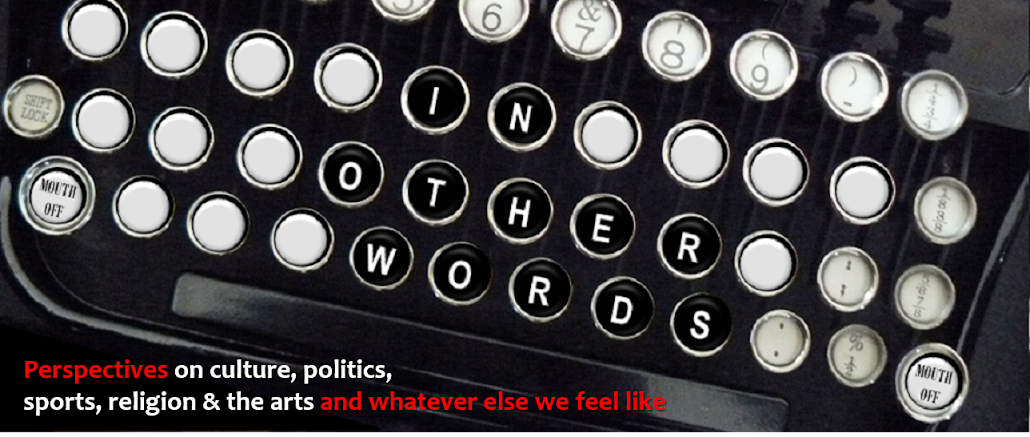By Mitchell
IngatiusInsight has an interview with Bishop Michael A. Saltarelli of the Diocese of Wilmington, Delaware. If that name looks familiar to you, as it did to me, it could be because I quoted him in my post on Corporate America and the indignity of work. Here is an excerpt of what I quoted then:
Workaholism is a specifically American form of spiritual lukewarmness rooted in the consumerism of our culture. Seeing our careers and work life as a way to holiness prevents us from turning our work into an idol that alienates us from our faith, our spouses, our families and ourselves. Workaholism results in a damaging fallout. Marriages fail or are strained. Children do not receive the attention and nurturing they need. Families experience little or no time together. Family meal times rarely occur. Family celebrations are few and far between.
I admired Bishop Saltarelli for his strong stand then although I didn't know much else about him. I admire him even more now, having read this interview. The Bishop has been an outspoken advocate of the Gospel of Life, recognizing the that the problem is visible not only in the conventional struggle against abortion, but also in the growing threat posed by cloning and embryonic stem-cell research. In the interview with Ignatius, he speaks of the challenges in his diocese:
The challenges are maybe universal challenges in trying to proclaim the Gospel of Life and when we are surrounded–using the words of the late Holy Father, John Paul II–we are surrounded and seriously mired in a Culture of Death. We find ourselves sometimes submerged and mired and the challenge is to be able to lift up and proclaim the dignity, the sacredness of life from its conception to natural death. And that doesn’t find easy ears, or ready ears.
Tragically, even some people who call themselves Catholic Christians, I think, in some areas, have compromised themselves. And they have taken on for themselves the ways of the world in which they find themselves; it’s easier. When you try to proclaim life and its dignity and its sacredness, that doesn’t fall on too receptive an audience these days.
Bishop Saltarelli's particular peeve, if I can use so casual a word, is the "pro-choice Catholic":
No one today would accept this statement from any public servant: "I am personally opposed to human slavery and racism but will not impose my personal conviction in the legislative arena." Likewise, none of us should accept this statement from any public servant: "I am personally opposed to abortion but will not impose my personal conviction in the legislative arena."
To that end, Bishop Saltarelli takes direct aim at those who are complicit in this scandal, those most in need of our help and prayers, and in need of conversion:
We’re issuing once again on October 1st for Right to Life month the Litany of St. Thomas More that we composed ourselves. It is a litany for politicians, statesmen, and lawyers. And we hope by getting this prayer into the hands of all of the people of our diocese that they will pray that litany. More is wrought by prayer than by armies and battleships.
Perhaps I'm just more sensitive to this, having written largely about witnessing to the faith the past couple of weeks, but it seems to me as if I can't go anywhere without running into a quote that ties in to that thought. The bottom line is that you can't call yourself a Catholic without believing in the tenents of the Church, and you can't do that without living your faith in both your public and your private life.
Read more of this interview here. You could despair at the problems the Church faces, or you could be encouraged that there are those such as Bishop Saltarelli who have the strength and the courage to stand up for the truth. I prefer the latter.
Bishop Saltarelli concludes the interview with these words:
But He promised one thing: He promised that He’d be with us always. We hold onto that promise and we live that promise. Here in this Eucharistic year we experience that promise magnificently, in the Eucharist. And we don’t need a year to tell us about that, we have Jesus’ words that "I’ll be with you" and here it is, His own flesh and His own blood that remains with us and abides with us forever.
How can one not be optimistic knowing that Jesus walks with us always. The question we must ask ourselves is this: Do we walk with Him?

No comments:
Post a Comment
Remember: Think Before Commenting.